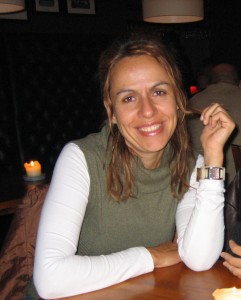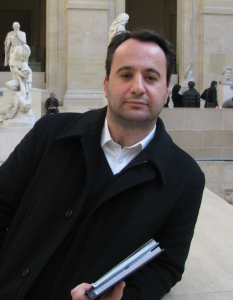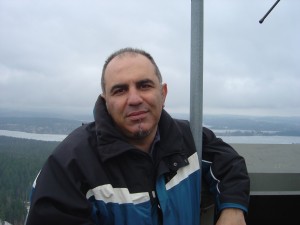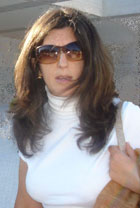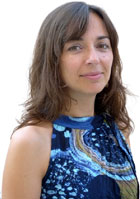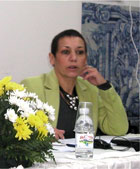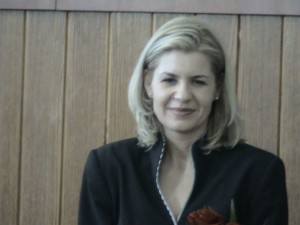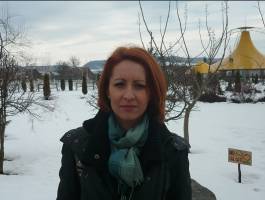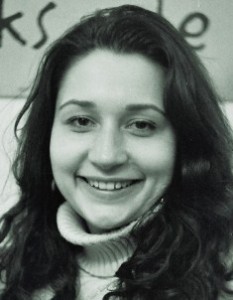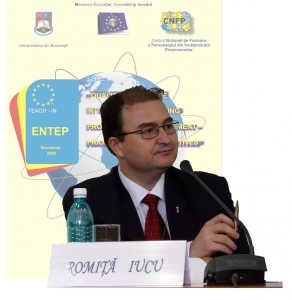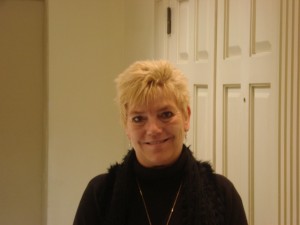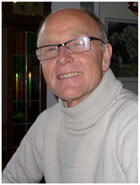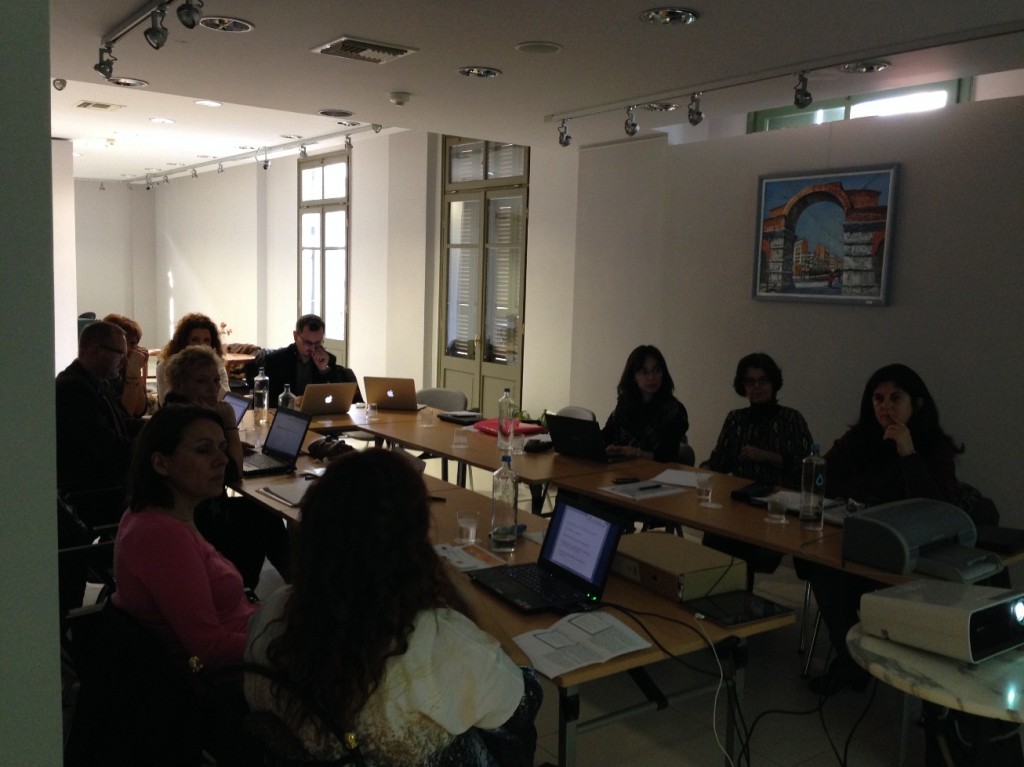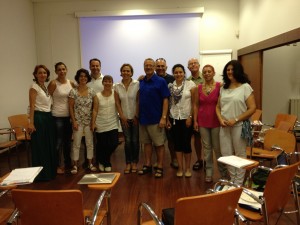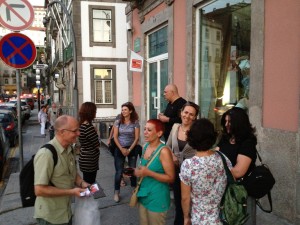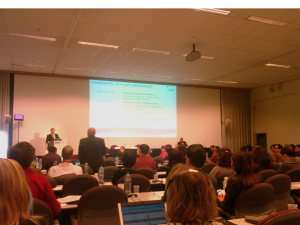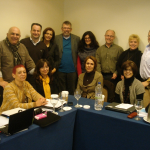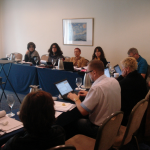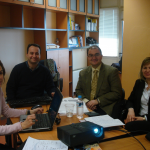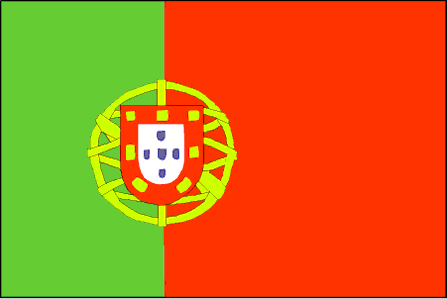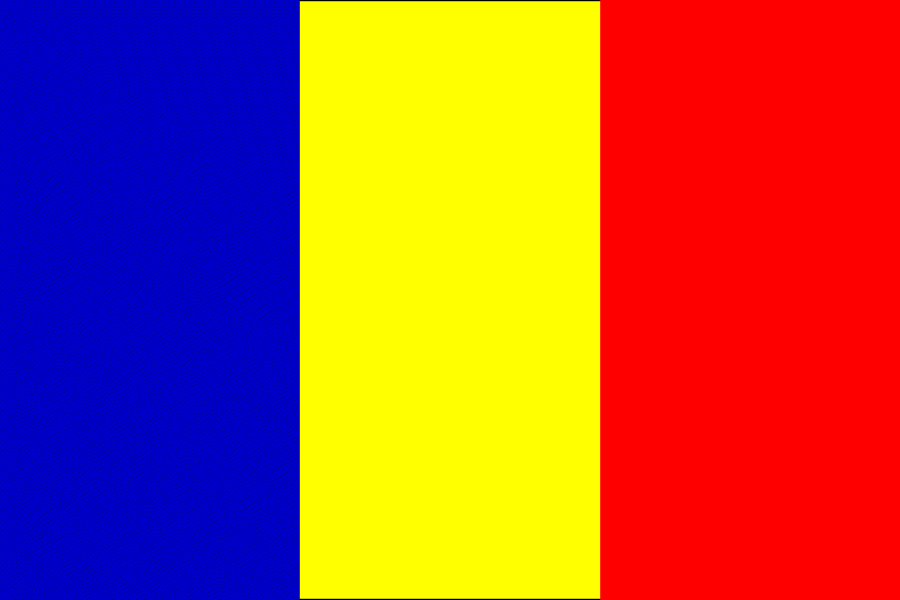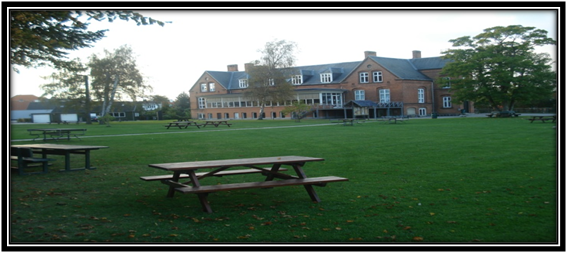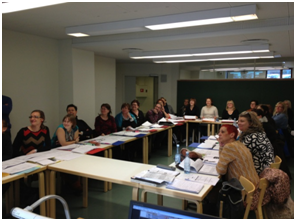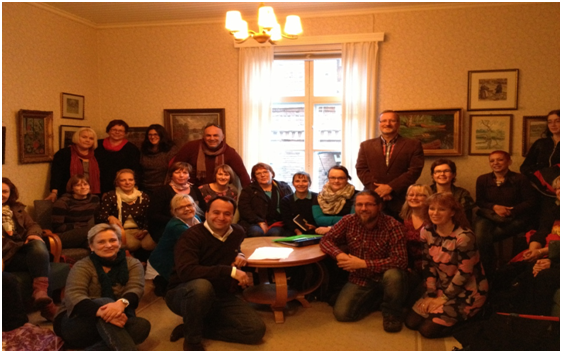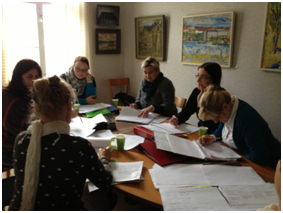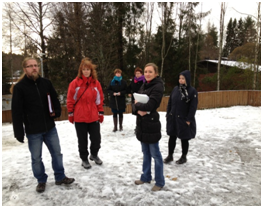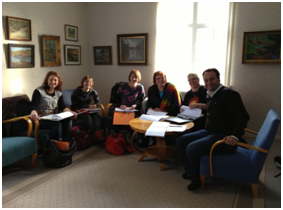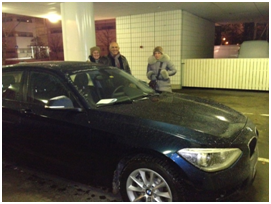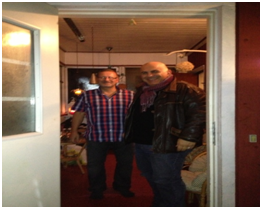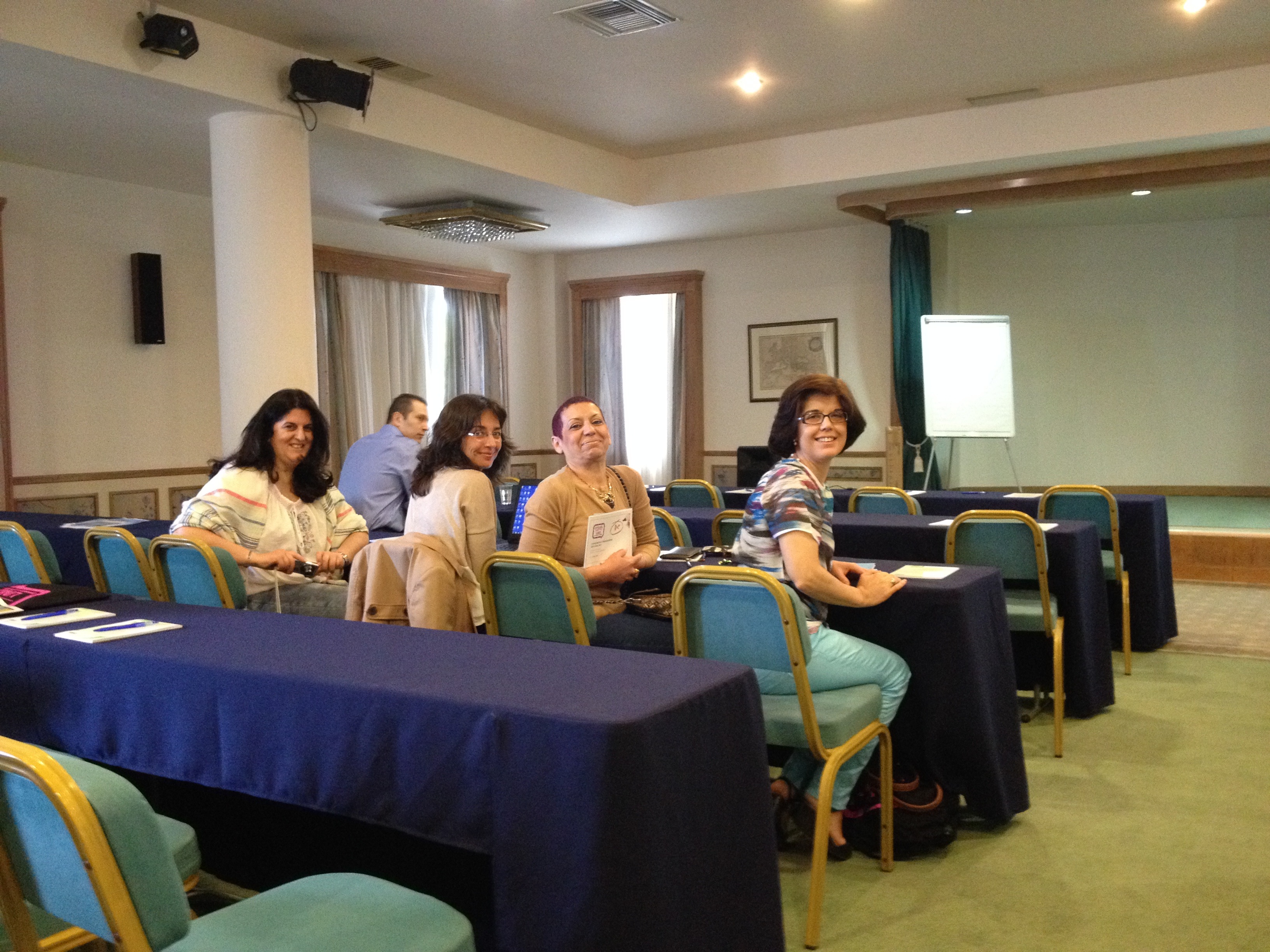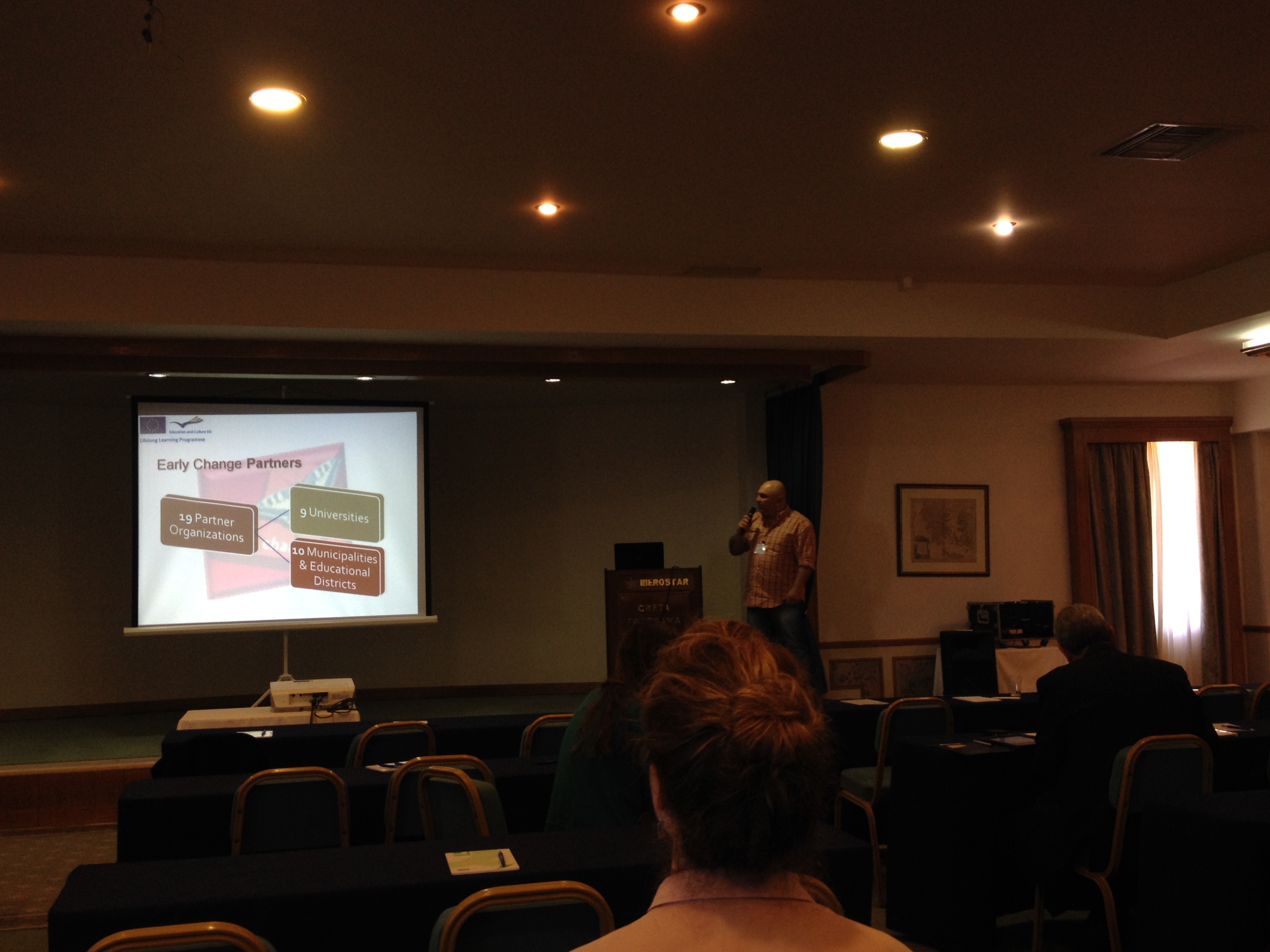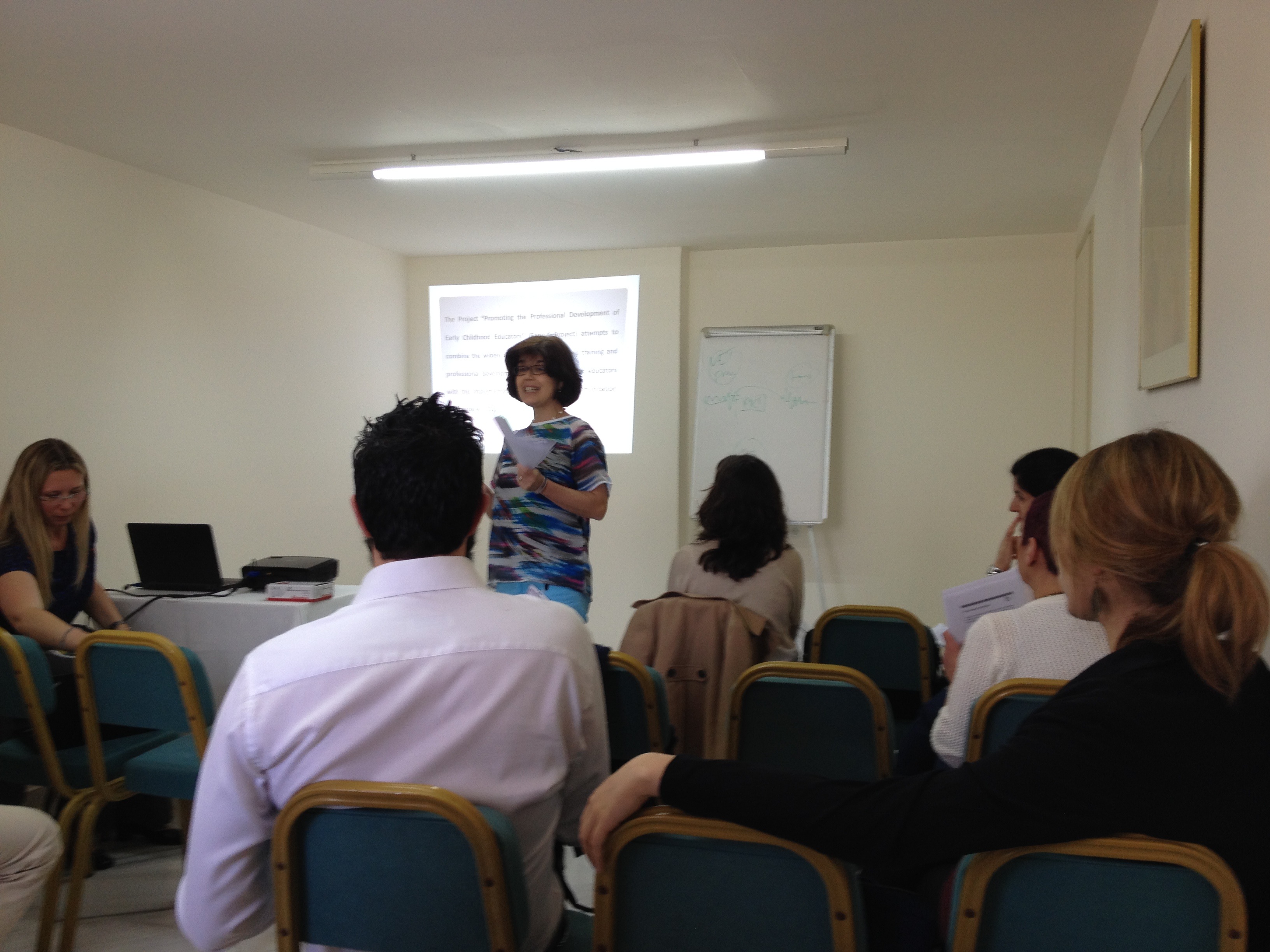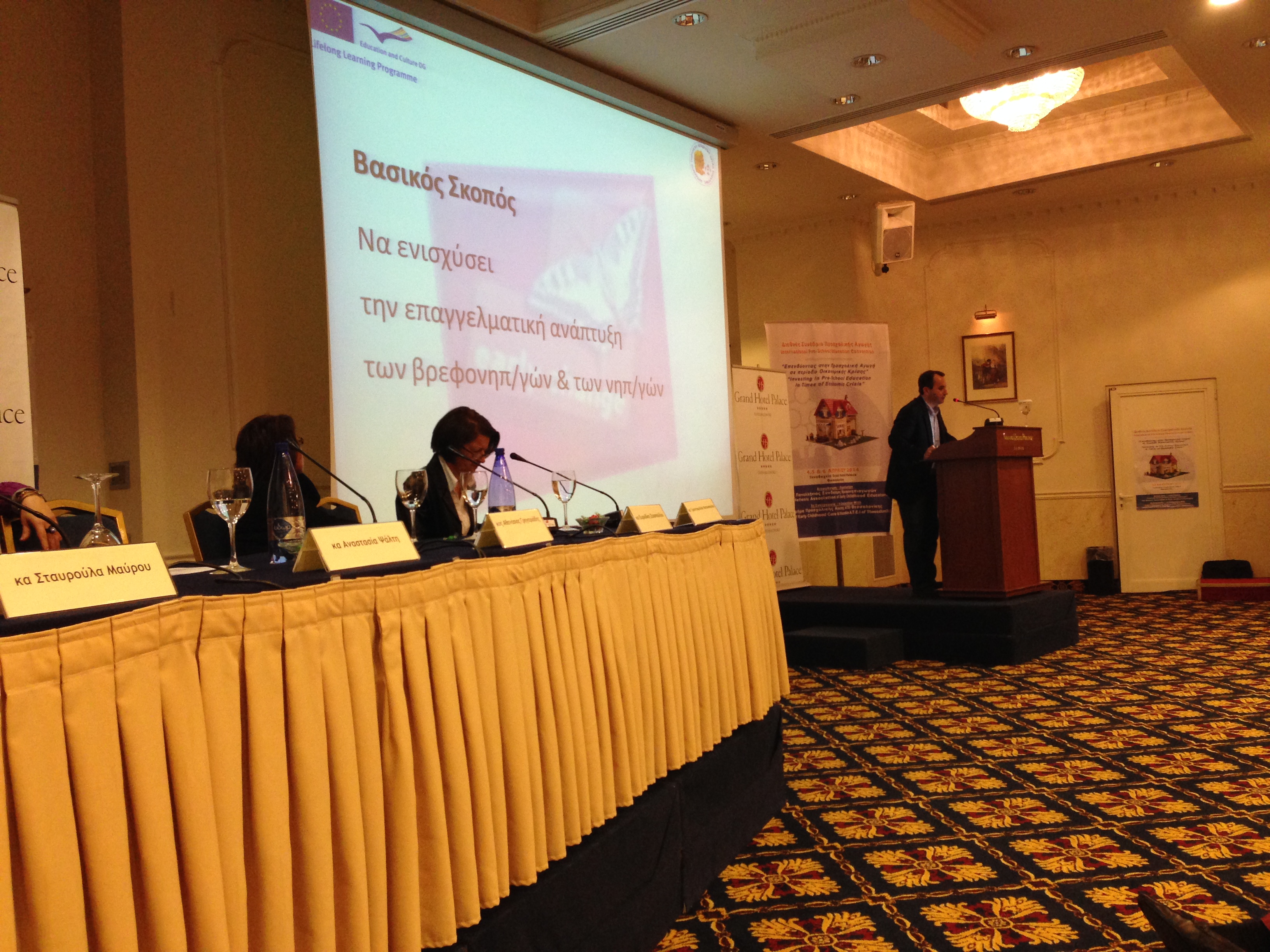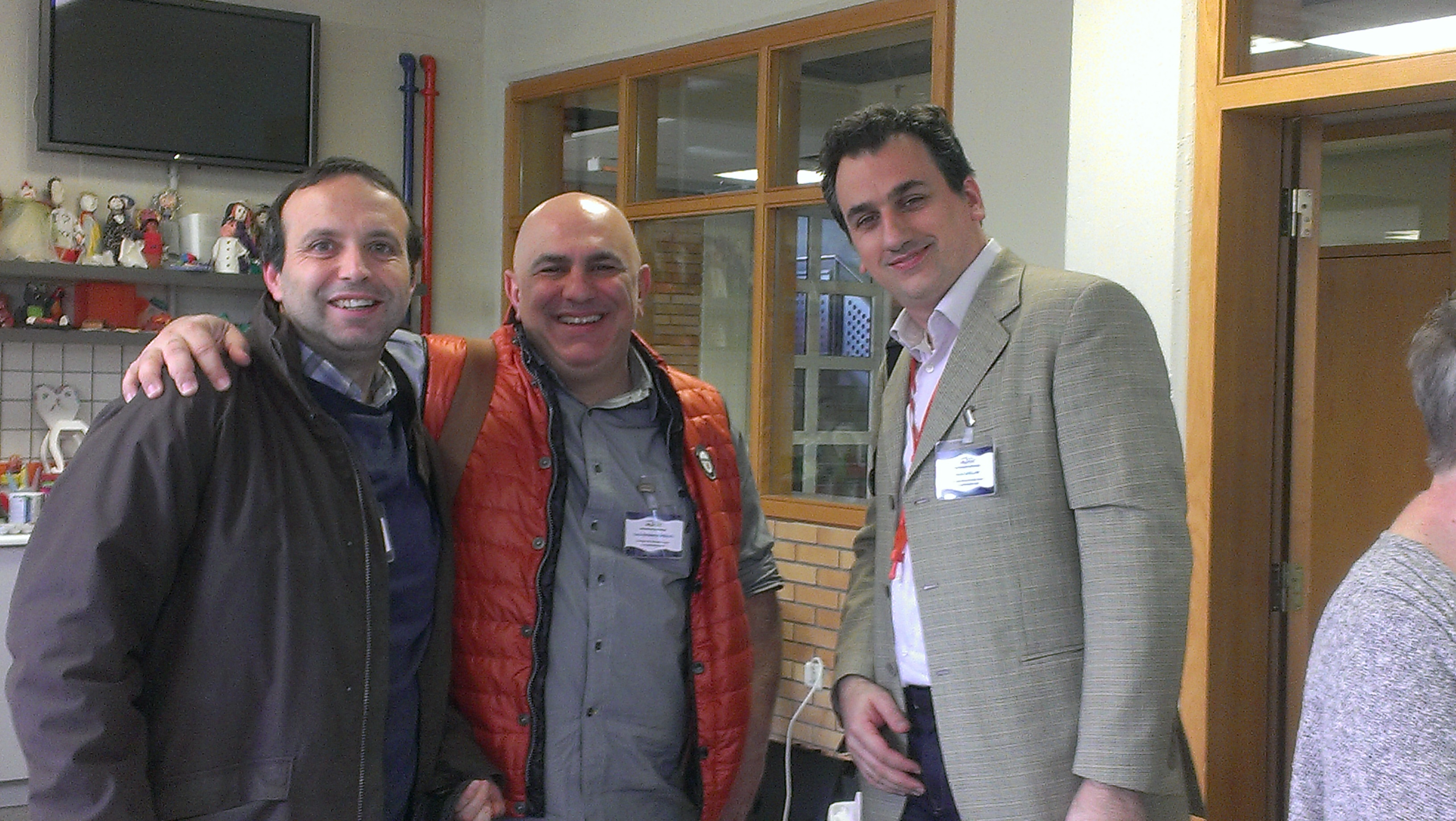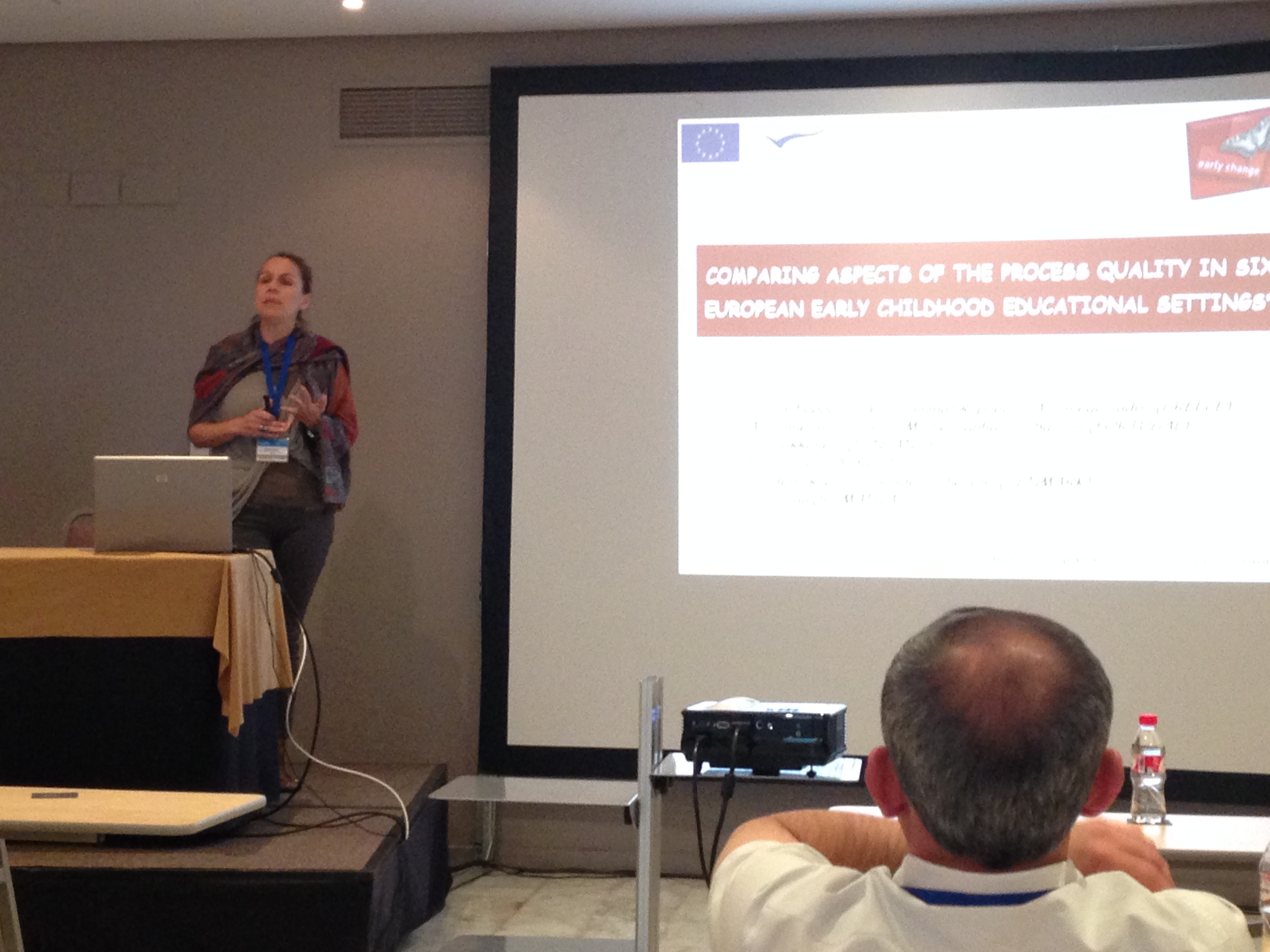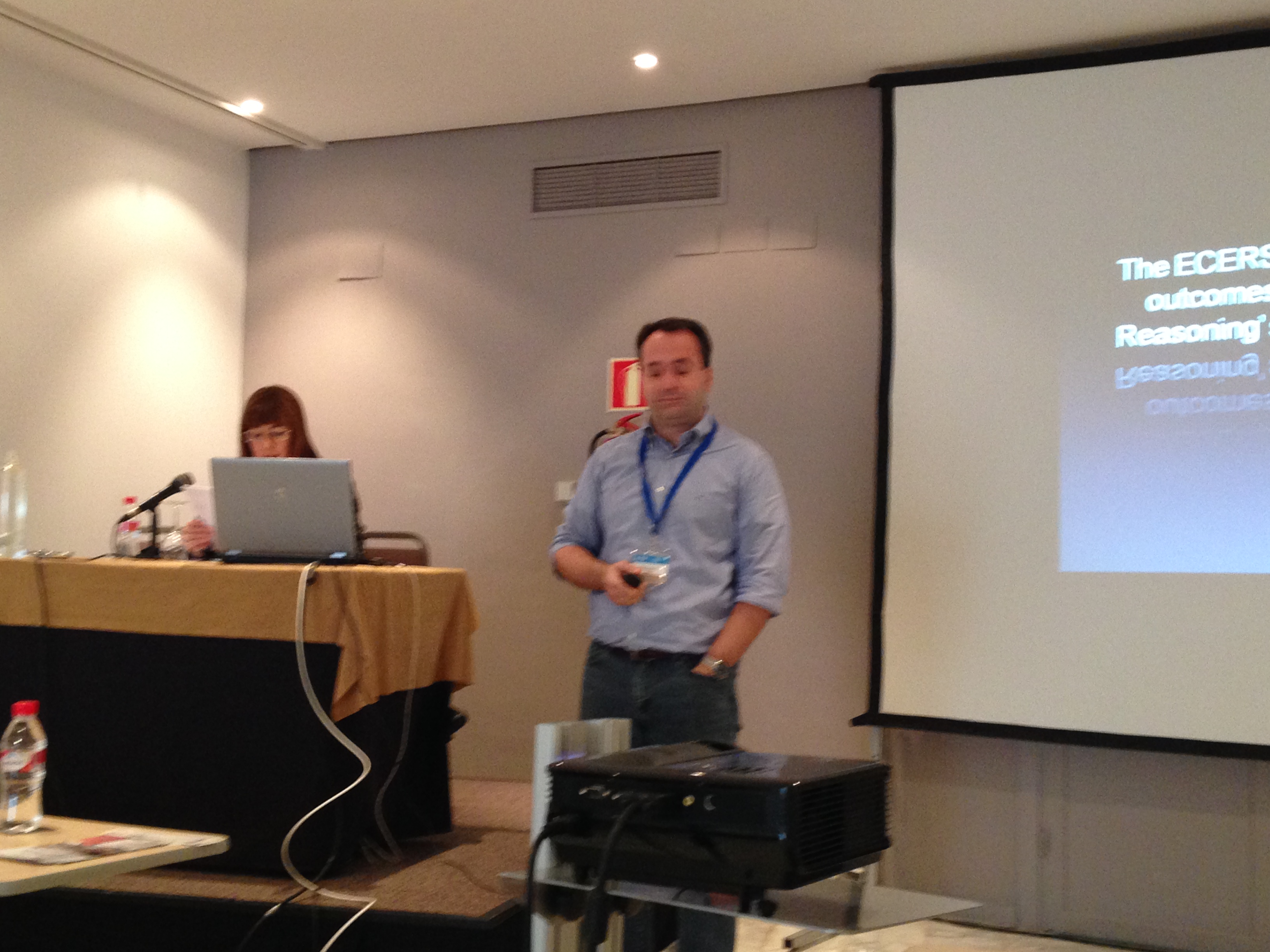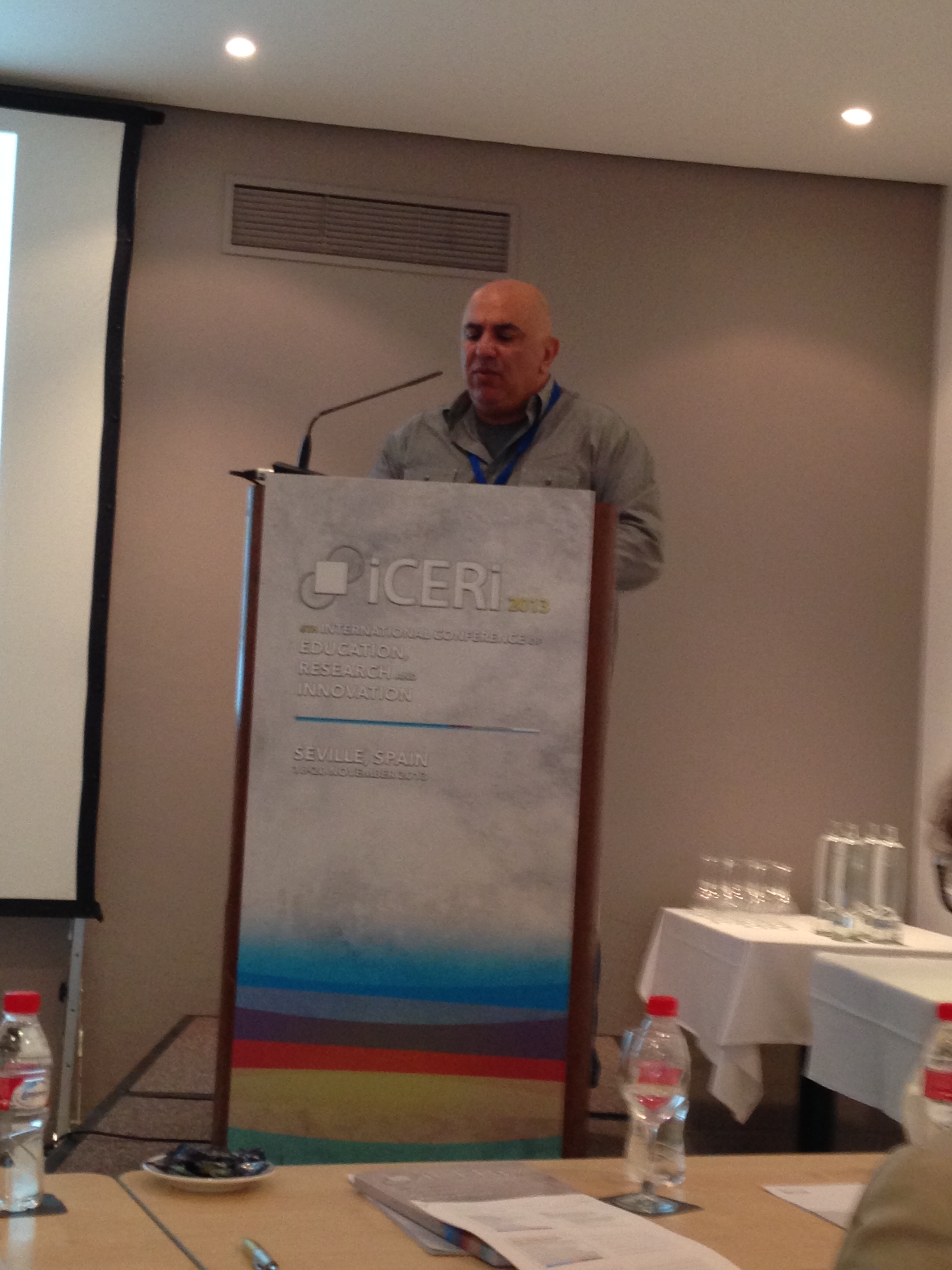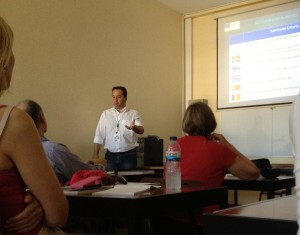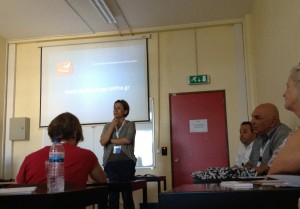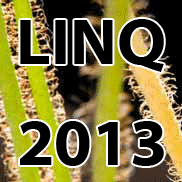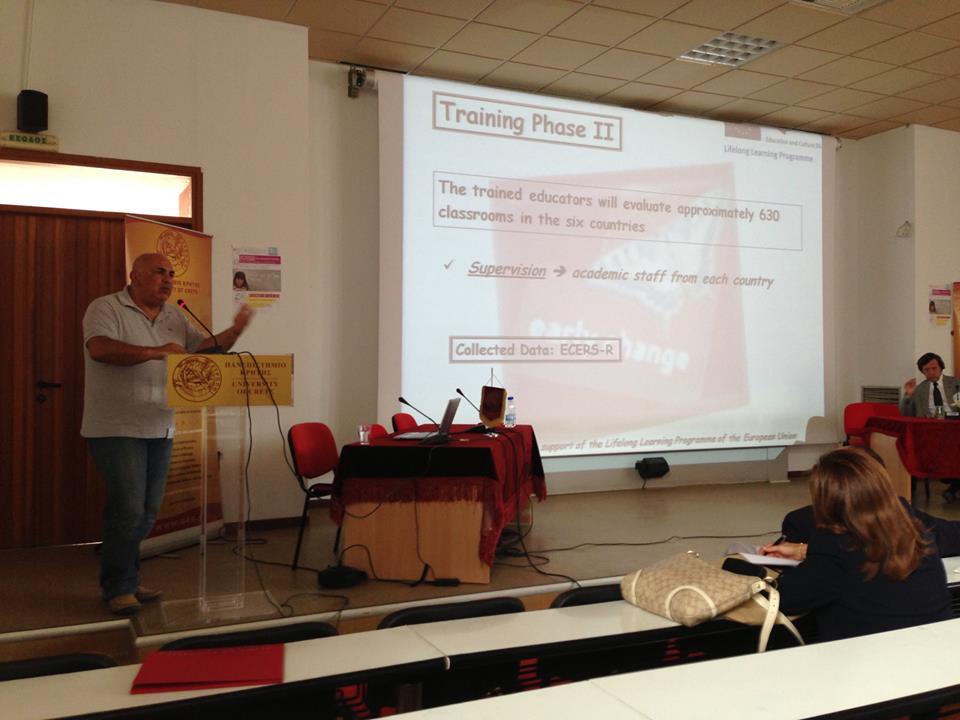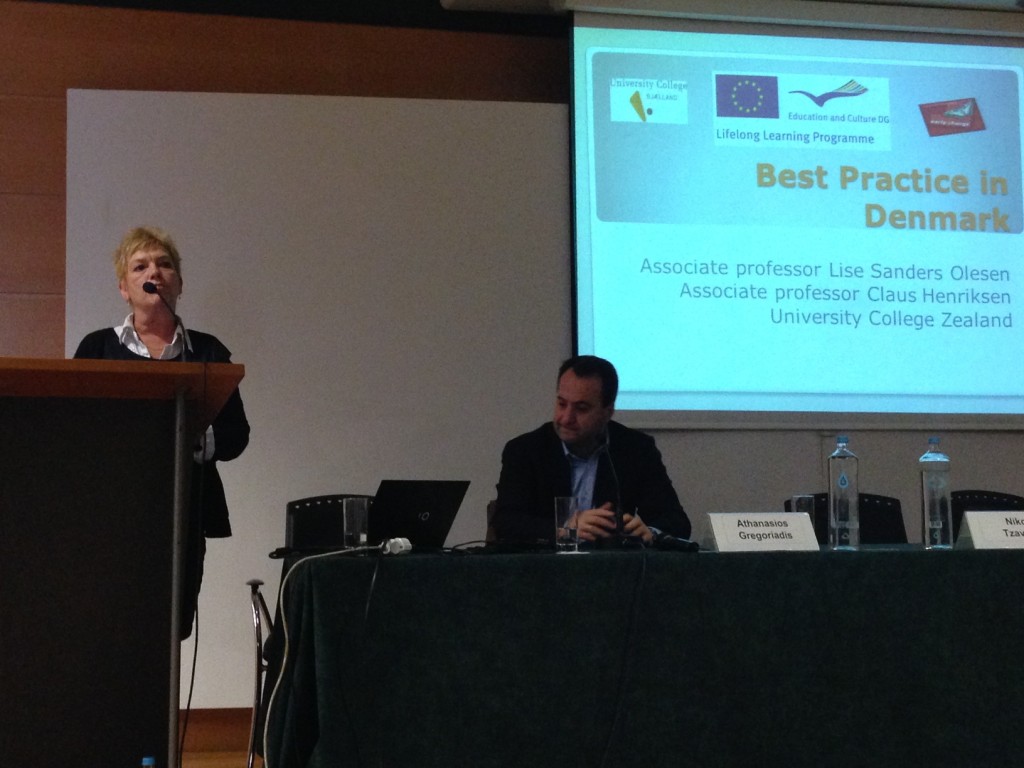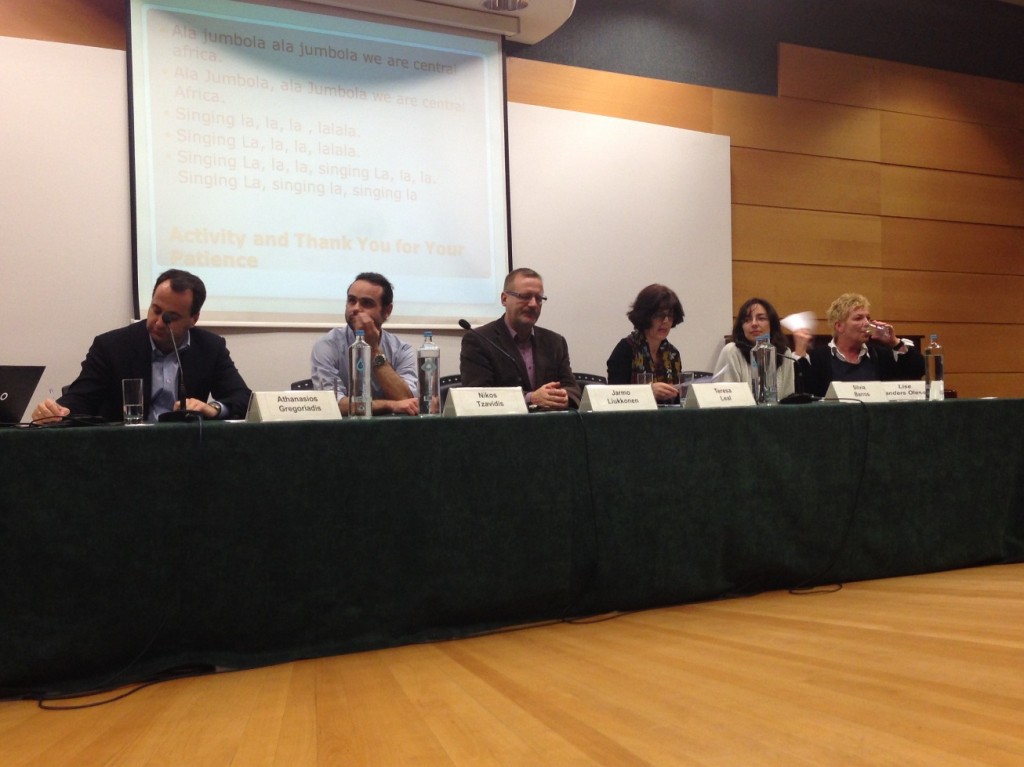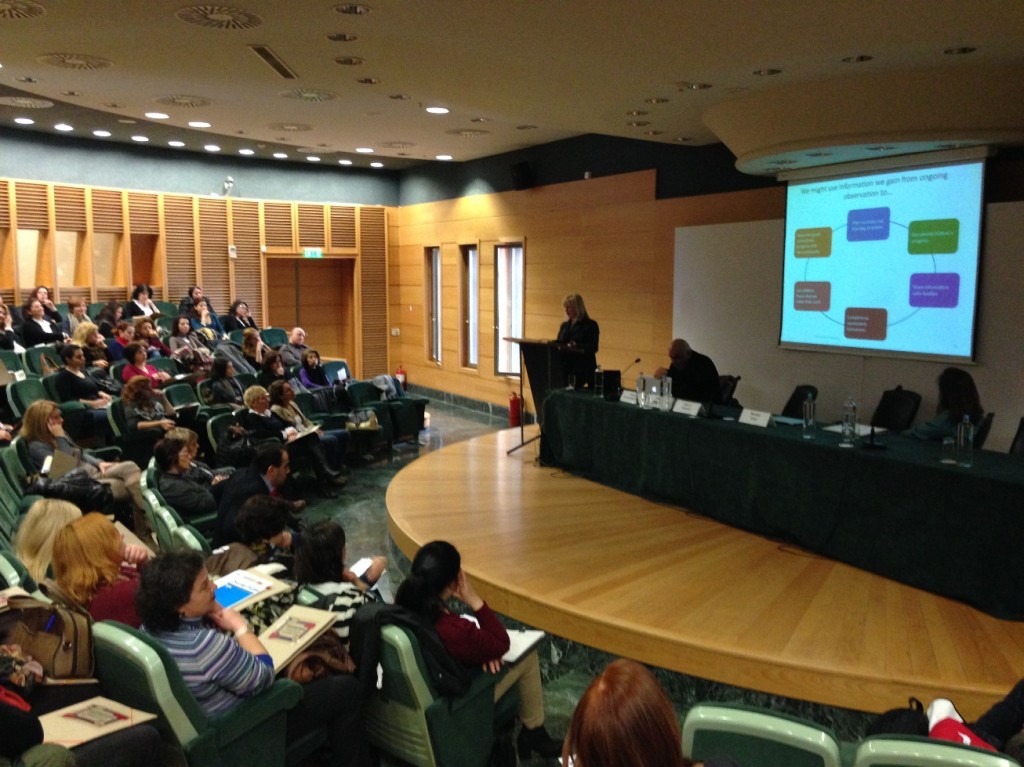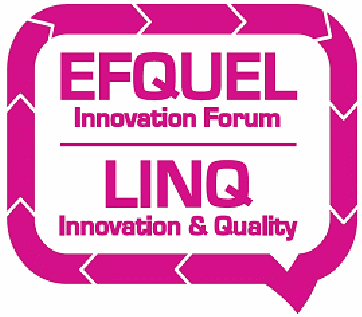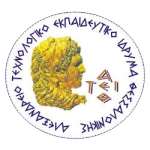Finland
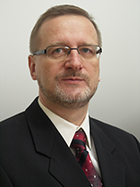
CV
Date of birth 12.03.1956
Education
PhD, Sport Sciences, University of Jyväskylä 1998; Main subject: Sport psychology
Docent in Pedagogy 2005 (Specific field: Physical education)
Docent in Sport Psychology 2000 (Specific field: Physical activity and psychological well-being)
Licentiate in Sport Pedagogy 1994 (Sport Pedagogy) (Nuorisovalmentaja kasvattajana ja opettajana – Valmennustoiminnan pedagoginen analyysi [Title: Youth sport coach as educator and instructor - Pedagogical analysis of coaching behaviours]
Master in Sport Sciences 1982 (Sport Pedagogy)
Laudatur (master level) studies in Health Sciences
Cum laude (Bachelor) studies in Psychology (incl. master thesis)
Current position
University of Jyväskylä, Department of Sport Sciences, Professor of Sport Pedagogy
Major previous professional appointments
Physical Education teacher in Vantaa and Espoo 1980-1988
Manager of the Psychological Training Center, Sports Institute Kisakeskus 1990-1992
Researcher/Sport Pedagogy in the LIKES Research Center and University of Jyväskylä 1988-1989,
1992-2000, 2004-2006
Manager of Likes Occupational Wellbeing Services (Likestep Oy) 2000-2002
Lecturer/University of Jyväskylä 2002-2003
Senior Departmental Researcher (yliassistentti), Sport Pedagogy/University of Jyväskylä 2003-2006
Major grants
Research grants for Sport Pedagogy Studies:
1988 Ministry of Education 18 000 FIM
1989 Ministry of Education 147 000 FIM
1990 – 1991 Ministry of Education 92 000 FIM
1993 – 1994 University of Jyväskylä (Rector’s researcher grant for full-time PhD studies)
2005 – 2007 EU-Comenius (action 2.1; Early Steps preschool PE curriculum Project) 18 217 €
2006 Peurunka Foundation/University of Jyväskylä (JYPE) 3 000 €
2007 – 2008 Peurunka Foundation/ University of Jyväskylä (JYPE) 11 000 €
2007 – 2009 Ministry of Education 75 000 €
2007 Urheiluopistosäätiö (Sport Institute Foundation) 10 000 €
2009 Urheiluopistosäätiö (Sport Institute Foundation) 5 000 €
2010 Urheiluopistosäätiö (Sport Institute Foundation) 3 000 €
Research grants for doctoral students under supervision
2011 University of Jyväskylä (Arto Gråsten annual salary)
2007 – 2009 Ministry of Education (Sami Kalaja 3 x 30 000 €)
2007 – 2009 Ministry of education (Sami Yli-Piipari 3 x 25 000 €)
2008 – 2009 (Kaivo Thomson 43 000 € + 35 000 €)
Grants to the Department of Sport Sciences (having personal key role)
2007 Ministry of Education grant (to the MBRU) for organizing the International Motor Behaviour Congress 16 000€
2007 – 2009 University of Jyväskylä Foundation of Motor Behaviour Research Unit 150 000 €
2008 Ministry of Education grant (to the MBRU) for organizing the International Motor Behaviour Congress (Jyväskylä)
2009 Ministry of Education grant to organize the International Congress on Enhancement of Physical Activity of Children and Youth (www.icepa.fi; Vuokatti 7.-9.4.2010)
2012 Ministry of Education grant to organize the International Congress on Enhancement of Physical Activity and Motor Skilla (www.icepa.fi; Jyväskylä 1.-3.11.2012)
Scientific projects to lead
The head of “Students functional capasity -project. The financial support comes from Ministry of Education and Culture, years 2010-2011 (60 000€ + 140 000€).
The head of Research in the “Sotkamo – moving municipality” –project. The financial support comes from European Unity and the Ministry of Education and Culture, years 2010-2011 (40 000€).
Major memberships in scientific and academic societies
Managing Council member of the European Federation of Sport Psychology 1991 – 2003
Managing Council member of the Finnish Association of Sport Psychology 1989 – 2008 (President during several phases)
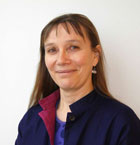
Curriculum vitae
Raija Raittila
Doctor of Education 23.4.2008
University of Jyväskylä
Major subject: Education
Secondary subjects: Sociology, Psychology
Doctoral Theses: Retkellä. Lasten ja kaupunkiympäristön kohtaaminen [Making a visit. Encounters between children and urban environment]
Supervisors: Prof. Dr. Leena Alanen and Prof. Dr. Helena Rasku-Puttonen, University of Jyväskylä
Current position
Lecturer, University of Jyväskylä, Department of Education, Early Childhood Education 1.8.2006–
Previous professional appointments
- Kindergarten teacher, City of Jyväskylä 1981–1990
- Teacher, College of Early Childhood Education, Jyväskylä 1990–1995
- Teacher, University of Jyväskylä, Department of Early Childhood Education 1995–2003
- Research Assistant, University of Jyväskylä, Department of Early Childhood Education 2003–2006
- Senior assistant, University of Jyväskylä, Department of Educational Sciences, Early Childhood Education 1.9.2009-31.12.2009
Other academic and professional activities
Vice member of the Ethics committee of University of Jyväskylä 1.1.2009–
Member of EECERA SIG group Children’s perspective
Supervisor for two doctoral dissertations 2011-
Supervisor for Master’s theses 2007-
16 Master’s thesis ready
16 Master’s thesis under way
Visits abroad
- Teaching visit, University of Thessaloniki, Greece, 28.4.–5.5.2004
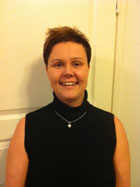
CURRICULUM VITAE
PERSONAL DETAILS
| Surname | Takala |
| First names | Katri Takala |
| Date of birth | 09.03.1967 |
| Gender | Female |
| Nationality | Finnish |
| Marital status | Married |
| Address | Kivirinteentie 5, 88610 Vuokatti |
| katri.takala@kajak.fi | |
| GSM (work) | + 358 44 7101625 |
| GSM (home) | + 358 44 5599309 |
EDUCATION
| 2004- | Further Education (Doctoral Thesis, major in Sport Pedagogy) |
| 2011 | Licenciate of Physical Education (major in Sport Pedagogy), Jyväskylä University |
| 30.5.1993 | Master of Physical Education (major in Sport Pedagogy), Jyväskylä University |
| 30.5.1986 | Upper Secondary School Graduate (matriculation examinations), Vuohenki Upper Secondary School, Kajaani, Finland |
WORK EXPERIENCE
2005 – today Head of the Degree Program in Sport and Leisure Management, International coordinator, Kajaani University of Applied Sciences
2004 − 2005 Education Planner, Kajaani University of Applied Sciences
2001 – 2004 Lecturer in Physical Education, University of Oulu, Kajaani
1995 – 2001 Lector in Physical Education, Kajaani-Institute
1994 – 1995 Lector in Physical Education, Kajaani Upper Secondaty School (Linna)
1993-1994 Lector in Physical Education, Kuortane Sport Institute
PUBLICATIONS
Takala, K. 2004. Kaikki linnut lentämään – päivittäinen liikuntakasvatusohjelma alle 4-vuotiaille, Oulun yliopisto, Kajaanin Opettajainkoulutusyksikkö.
Takala, K., Kokkonen, M., Liukkonen, J. 2006. Observational Analysis of 3˗4-year-old Children`s Socioemotional Skills during PE lessons in Kindergarten. AIESEP World Congress, 5-8 July 2006, Jyväskylä, Finland.
Takala, K., Kokkonen, M. & Liukkonen, J. 2009. Päiväkotilasten sosioemotionaalisten taitojen kehittäminen liikuntatuokioiden avulla. (The Development of Preschool Children’s Socio-
emotional Skills through Physical Exercise Sessions). Liikunta ja tiede 46 (1), 22˗29.
Takala, K., Oikarinen, A., Kokkonen, M., Liukkonen, J. 2010. The Development of Preschool Children’s Socio-emotional Skills through Physical Exercise Sessions. International Congress on Enhancement of Physical Activity, 7-9 April 2010, Vuokatti, Finland.
Takala, K., Oikarinen, A., Kokkonen, M. & Liukkonen, J. 2011. Päiväkotilasten sosioemotionaalisia taitoja liikuntatuokioilla edistävät tekijät varhaiskasvattajien kokemana. (Factors Promoting Preschool Children’s Socioemotional Skills as Experienced by Preschool Teachers). Kasvatus 42 (1), 69˗80.
Takala, K., Oikarinen, A., Kokkonen, M. & Liukkonen, J. 2011. Päiväkotilasten sosioemotionaalisia taitoja liikuntatuokioilla edistävät tekijät varhaiskasvattajien kokemana. (The Development of Preschool Children’s Socio-emotional Skills through Physical Exercise Sessions). Pohjois-Suomen Hoitotiedepäivät 24.11.2011, Kajaani, Finland.
Takala. K., Oikarinen, A., Kokkonen, M. & Liukkonen, J. 2011. Sosioemotionaalisia taitoja kehittävän liikuntaintervention ilmapiiri päiväkodeissa. (Climate during a Physical Education Intervention Aimed at Development of Socioemotional Skills in Day Care Centers). Liikunta ja tiede 48 (6), 40-45.
The Development of Preschool Children’s Socioemotional Skills through Physical Exercise Sessions. 2011. Licenciate Thesis of Sport Pedagogy. University of Jyväskylä.


